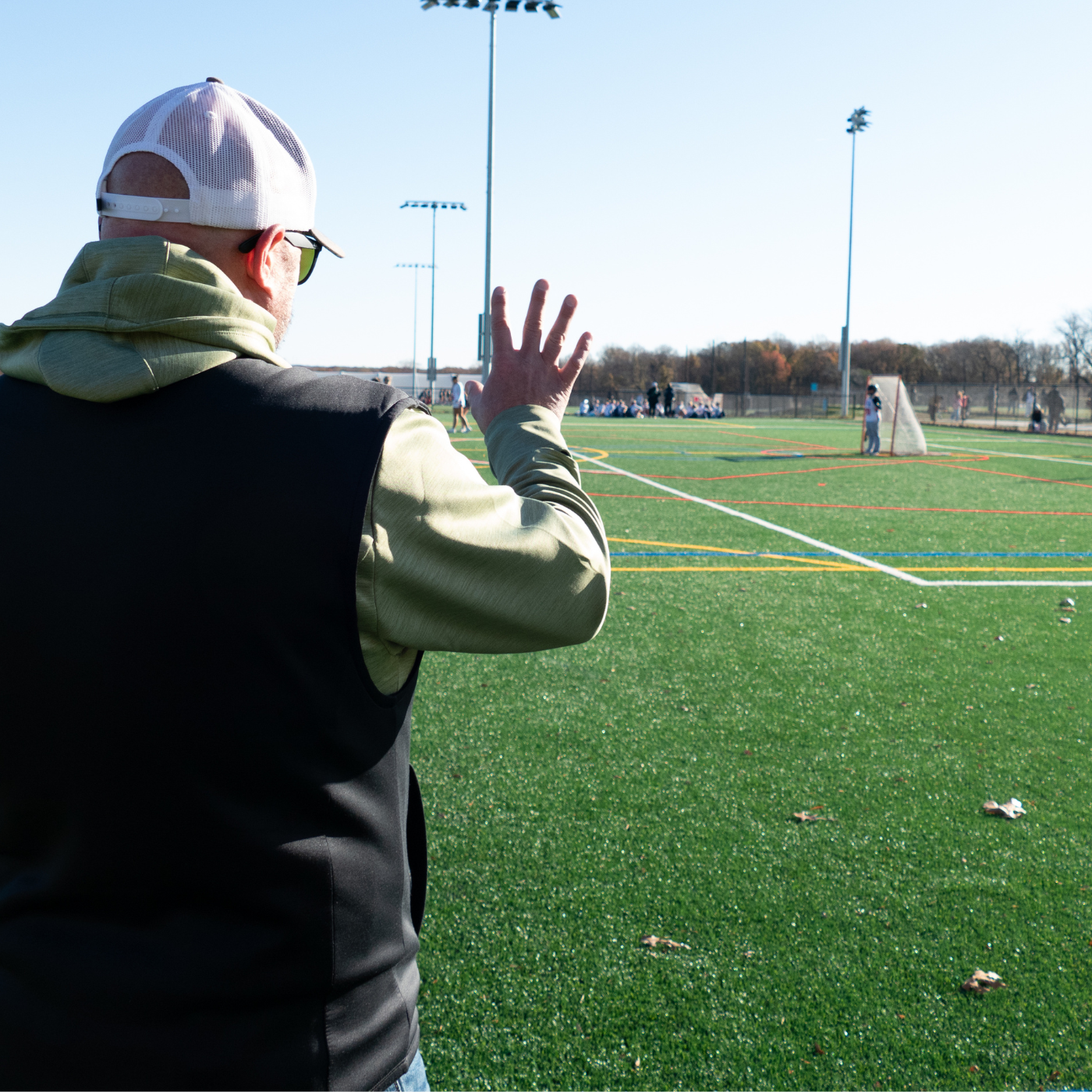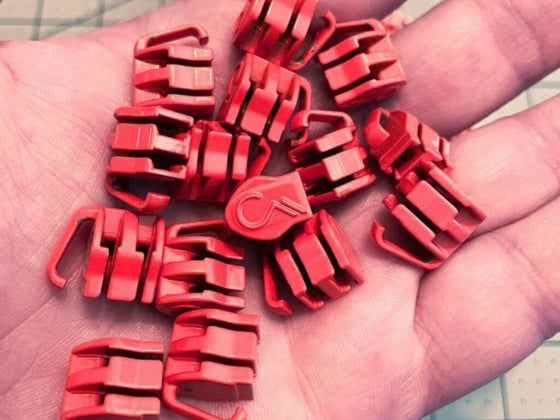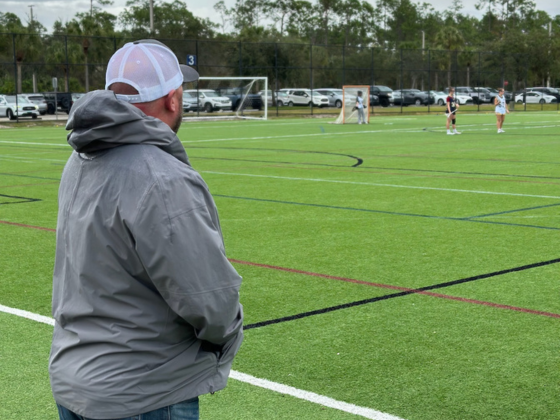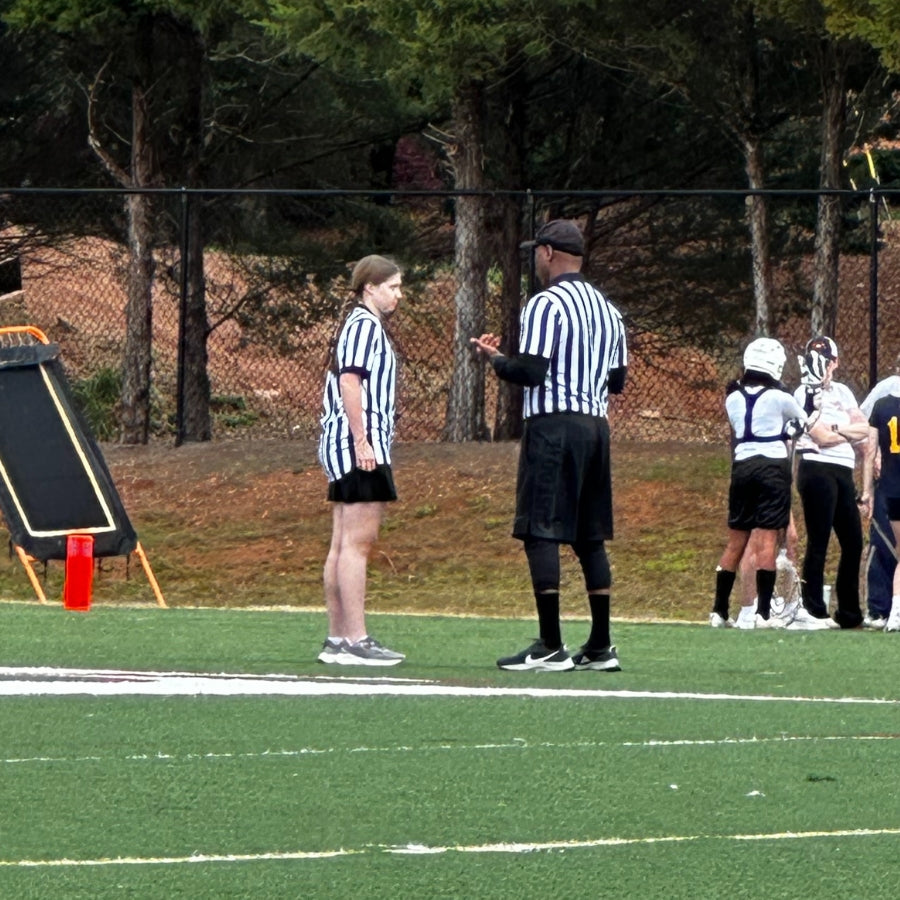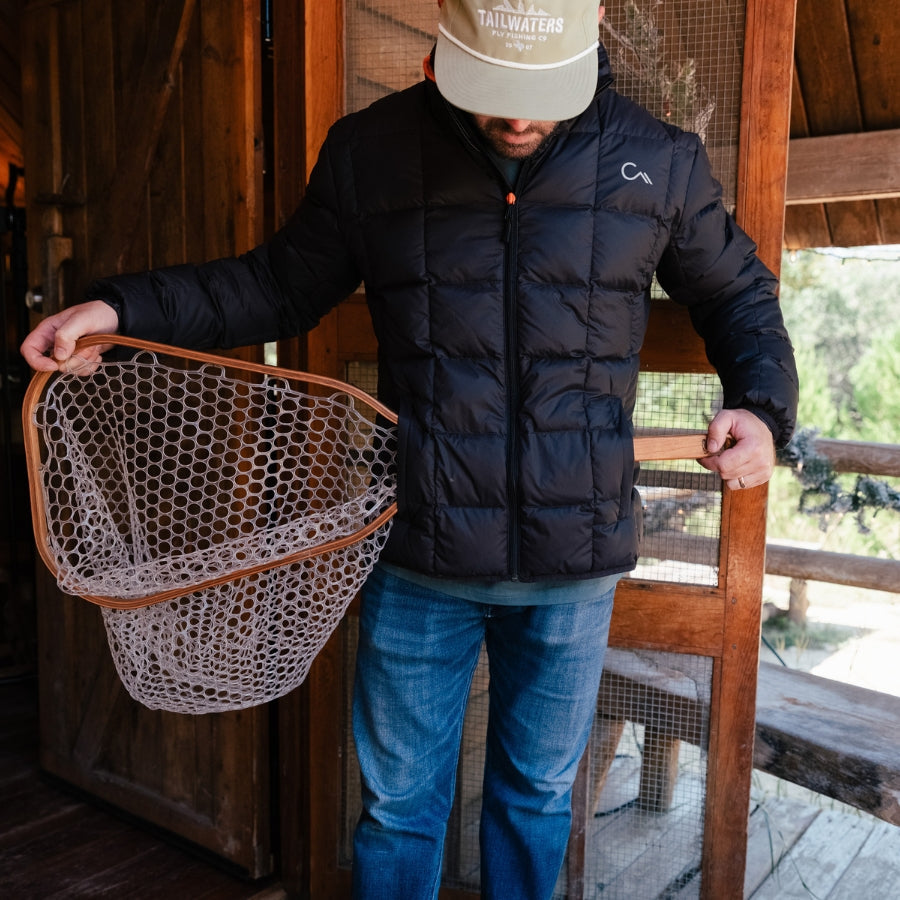Referees play an essential role in youth sports, helping maintain fairness, structure, and safety on the field. But across the country, fewer people are choosing to put on the whistle. The result is a growing shortage that’s impacting games every weekend — and much of it comes down to how we, as parents and spectators, behave on the sideline.
A couple of seasons ago, my daughter was refereeing a U9 game. She was sixteen at the time — confident, capable, and eager to help kids learn the sport she grew up playing.
The parents on the sideline had become loud and unruly. She paused the game during the first half and asked both coaches to help quiet things down.
It worked (and her mom was off to the side more than ready to step in). That moment summarized an epidemic in youth sports: there is an escalating problem with sideline behavior that is exactly opposite of what youth sports are supposed to teach. It's having a major impact on our collective ability to even have games at all sometimes.
Understanding the Referee Shortage
The shortage of youth referees has reached critical levels. According to the National Federation of State High School Associations, roughly 50,000 officials have quit since 2018. Many cite verbal abuse and disrespect from parents and coaches as the leading reasons.
In some leagues, one in five games are now played short-staffed or with officials covering multiple fields back-to-back. The average referee age is over 50, and fewer young people are stepping in to replace those who leave.
When officials walk away, the entire youth-sports system feels it — games are canceled, schedules are rearranged, and kids lose opportunities to play.
Recognizing the Impact of Sideline Behavior
Yelling at a ref or questioning a call is not harmless (and it's also pointless - have you ever seen it change a call?), but for the person in the middle of the field — especially a teenager — those words carry weight. Repeated criticism creates a hostile environment that discourages young referees from returning.
Many of these officials are still learning, just like the athletes they oversee. They’re doing their best under pressure, often juggling work, school, and even travel to make sure games can even happen. When we turn the sideline into a source of stress rather than support, we risk losing the very people who make the game possible.
How Parents and Coaches Can Help
Lead with respect.
Your tone sets the example for players. A calm, supportive sideline shows kids what maturity looks like in competition.
Encourage patience.
Remind your child (and your fellow parents) that referees make mistakes — just like players and coaches do. The goal isn’t perfection, it’s learning and growth. Wrong calls happen and it's a strong life lesson.
Show appreciation.
A simple “thank you” after a game can go a long way. Many referees say acknowledgment means more than any pay increase.
Protect the next generation of officials.
If you see a teenager in stripes, understand what it takes for them to stand there. Support them with empathy, not pressure.
... also be careful - you may be challenging an momma bear over past the end line or an over protective father in the parking lot. You've been warned.
Showing Up the Right Way
Youth sports need a positive sense of community. The players, the coaches, the parents, AND the referees — all play a part in shaping what that community feels like. When we show up the right way, everyone wins regardless of the final score. Which you won't remember in a U9 game anyway.
So, next time you’re at the field, take a breath before you shout. The call will stand. The lesson will, too.
